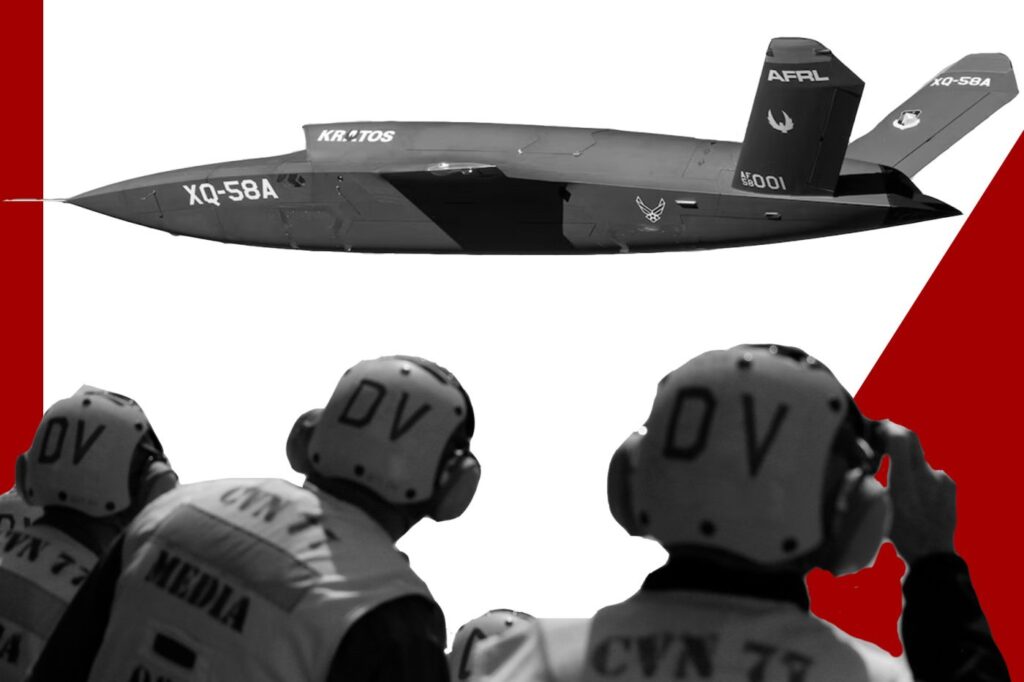In the realm of drone warfare, the ethical considerations surrounding the balance between precision strikes and collateral damage are paramount. While drones offer the advantage of precision targeting and reduced risk to military personnel, they also present the risk of unintended harm to civilians and infrastructure. The complexity of this dilemma requires policymakers to carefully weigh the benefits and risks of drone operations, ensuring that they adhere to international humanitarian law and ethical norms. Transparency and accountability in drone operations are essential in addressing these ethical challenges and holding those responsible for unlawful actions accountable. By prioritizing ethical principles, states can navigate the delicate balance between military objectives and civilian protection in the use of drone warfare.
Ethical Considerations in Drone Warfare: Balancing Precision and Collateral Damage
Introduction
Drone warfare, also known as unmanned aerial vehicle (UAV) warfare, has become an increasingly common tool used by militaries around the world for precision strikes against enemy targets. While drones offer advantages such as reduced risk to military personnel and increased accuracy in targeting, they also raise important ethical considerations regarding the potential for collateral damage and civilian casualties. Balancing the need for precision strikes with the imperative to minimize harm to innocent civilians is a complex and challenging dilemma facing policymakers in the use of drone warfare.
Precision Strikes
One of the key benefits of drone warfare is the ability to conduct precise and targeted strikes against enemy combatants. Drones equipped with advanced technology such as surveillance cameras and laser-guided missiles can pinpoint specific targets with a high degree of accuracy, reducing the risk of civilian casualties compared to traditional air strikes or ground operations.
Collateral Damage
Despite their precision capabilities, drones are not infallible and there is always a risk of collateral damage in drone strikes. Collateral damage refers to unintended harm caused to civilians or civilian infrastructure as a result of military operations. This can occur due to errors in intelligence, technical malfunctions, or the presence of civilians in close proximity to a target.
Ethical Dilemmas
The ethical dilemmas posed by drone warfare are complex and multifaceted. On one hand, the use of drones can help to minimize harm to military personnel and achieve strategic objectives with greater precision. On the other hand, the potential for collateral damage and civilian casualties raises serious moral concerns about the justification and proportionality of drone strikes.
Legal Framework
International humanitarian law, also known as the laws of war, sets out principles and rules governing the conduct of armed conflict, including the protection of civilians and the prohibition of indiscriminate attacks. States using drones are legally obligated to adhere to these principles and ensure that drone strikes are conducted in accordance with the law.
Transparency and Accountability
Transparency and accountability are crucial in addressing the ethical challenges of drone warfare. Governments must be transparent about their use of drones, including the legal and policy frameworks guiding their operations, the criteria for target selection, and the procedures for investigating civilian casualties. Additionally, there must be mechanisms in place to hold those responsible for unlawful drone strikes accountable for their actions.
Conclusion
In conclusion, ethical considerations in drone warfare require a delicate balance between the need for precision strikes and the imperative to minimize harm to civilians. Policymakers must carefully weigh the risks and benefits of drone operations, ensuring that they are conducted in accordance with international law and ethical norms. By prioritizing transparency, accountability, and adherence to legal frameworks, states can mitigate the ethical challenges posed by drone warfare and uphold their moral obligations in the conduct of armed conflict.
